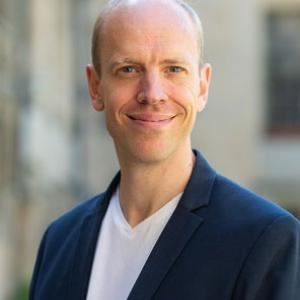The politics of the Syrian refugee crisis
Over 4 million refugees have fled Syria since the outbreak of the crisis and the armed conflicts in 2011. The overwhelming majority of these people have been hosted by Lebanon, Jordan and Turkey in what has been described by the UN High Commissioner for Refugees as 'the biggest humanitarian emergency of our era'. The crisis has created a set of fundamental policy challenges, including how to ensure ongoing protection in host countries with overwhelmed response capacities.
There has been a growing body of research on refugees from Syria. What has been lacking, however, is a focus on understanding the politics of responses by the main host states of first asylum: Lebanon, Jordan, and Turkey. Although we already know a lot about those governments’ basic positions at the capital city level, there is a lot more to understand at the local level. For example, how do municipal or district level authorities shape responses, and what potential opportunities does this open up?
If we can better understand the layers of decision-making, and the gatekeepers that shape policy at local, national, and regional levels, then this in turn will point to new policy levers available to donor governments and the international community. Understanding how interests and power relations have played out at a micro-political level can open up new diplomatic channels to enhance protection space.
To take an example, in Jordan, in the governorate of Mafraq a series of opportunities to integrate Syrian refugees into local labour markets have emerged as a result of local political dynamics. Conversely, in Turkey, pressure on municipal authorities in Bodrum has created pressure on central government protection responses. Understanding these politics within the main host countries of first asylum is the key to unlocking protection space.
In this one-year project, we are conducting fieldwork across the three main host countries. Methodologically, the research is focusing on undertaking qualitative interviews in each of the capital cities and a selection of local sites outside the capital city. The over-arching objective of the project is to inform policies that can enhance protection space for displaced Syrians within the region of origin.

